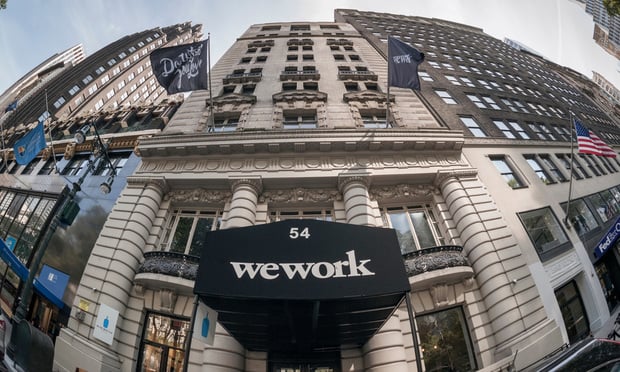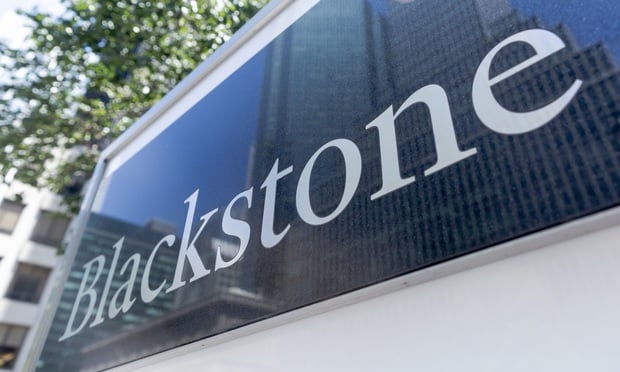LOS ANGELES—Has co-working become so ubiquitous in commercial real estate that it looks the same to everyone even though it is represented by many different brands and definitions? Scott Marshall, global chief client officer, CBRE, kicked off a session on this topic at NAIOP's CRE.Converge 2019 in Los Angeles by stating, "Co-working is becoming the Kleenex of this industry." That is to say, "Whether you're talking to a buyer, occupier or lender, [people] look at what Industrious, Hana and others are doing in the space and call it all co-working."
He noted that, "When you peel the onion back, they are all different: The operator and solution are different. The agreement and lenders are different. We look at it as flexible workplace. It truly is a solution on behalf of the occupier."
Recommended For You
Want to continue reading?
Become a Free ALM Digital Reader.
Once you are an ALM Digital Member, you’ll receive:
- Breaking commercial real estate news and analysis, on-site and via our newsletters and custom alerts
- Educational webcasts, white papers, and ebooks from industry thought leaders
- Critical coverage of the property casualty insurance and financial advisory markets on our other ALM sites, PropertyCasualty360 and ThinkAdvisor
Already have an account? Sign In Now
*May exclude premium content© 2025 ALM Global, LLC, All Rights Reserved. Request academic re-use from www.copyright.com. All other uses, submit a request to [email protected]. For more information visit Asset & Logo Licensing.









